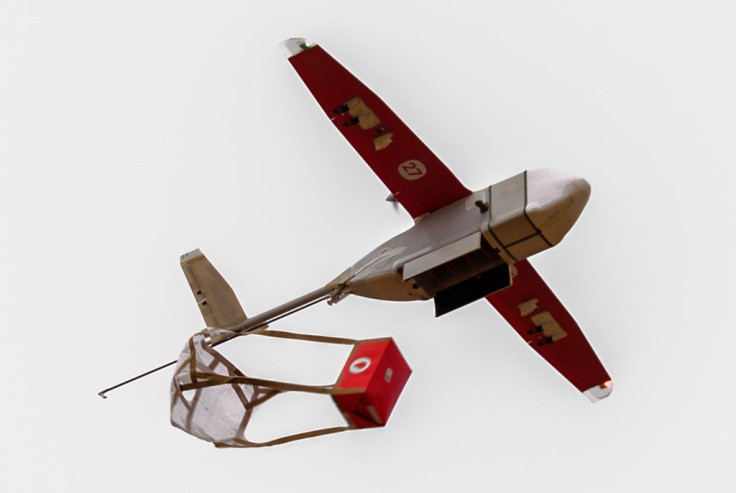Watch: Life-saving drones delivering blood bags to remote African regions
The unique service delivers crucial blood bags to remote regions of Rwanda in 30 minutes or less.
As critics continue to raise drone-related safety concerns, an American start-up is using the technology for a life-saving job in a small African nation — delivery of blood to people in need.
Rwanda is home to nearly 12 million people, with many living in rural areas. The country, which is popularly known as the land of a thousand hills, is actually covered in mountains and is extremely difficult to traverse via roads.
In such situations, delivering blood on time becomes extremely difficult, especially in cases of emergency. People in need such as those suffering from anaemia or fatal injuries could even die if blood bags are not delivered as and when needed.
In a bid to tackle this challenge, California-based start-up Zipline is making emergency blood deliveries via specialised drones, according to a report in The Guardian.
In partnership with the country's health ministry, the service, referred to as "Uber for blood", launches a drone within 15 minutes of receiving a request from a hospital and delivers the package in 30 minutes or less on an average. The request is placed with a WhatsApp text or online by the hospitals.
Flying autonomously, Zipline's UAV soars over mountains at 110kmph to deliver medical supplies on time. When it reaches its destination, the package is dropped via parachute in an open area and the recipient is notified via text message.
So far, Zipline drones have delivered a total of 5,500 units of blood, catering to millions of people in 21 hospitals in Rwanda.
"The ministry of health and Rwanda Biomedical Center are happy to use such innovative technology to reduce the average delivery time from four hours to less than 45 minutes, with quick and reliable delivery [of] blood products," a spokesman for the Rwandan health ministry was quoted by the paper as saying about the service.
The cost of running the service has reportedly not been revealed by either the ministry or Zilpine, but critics in the country have questioned why the government could not use the money to improve infrastructure facilities like roads than spending it on hi-tech-facilities.
Meanwhile, Zipline's 24/7, the all-weather service, maintains a fresh stock of blood at hospitals, which means they no longer have to store blood and risk spoiling it. "You can avoid expiries, you can avoid stock out because the supply chain is improved," Dr Diane Gashumba, Minister of Health in Rwanda, said in a Zipline video. "Blood is life. It is saving the life of Rwandans."
Moving ahead, the company plans to expand its network to neighbouring Tanzania to cater to its population of 56 million, possibly becoming the world's largest drone-delivery network.






















